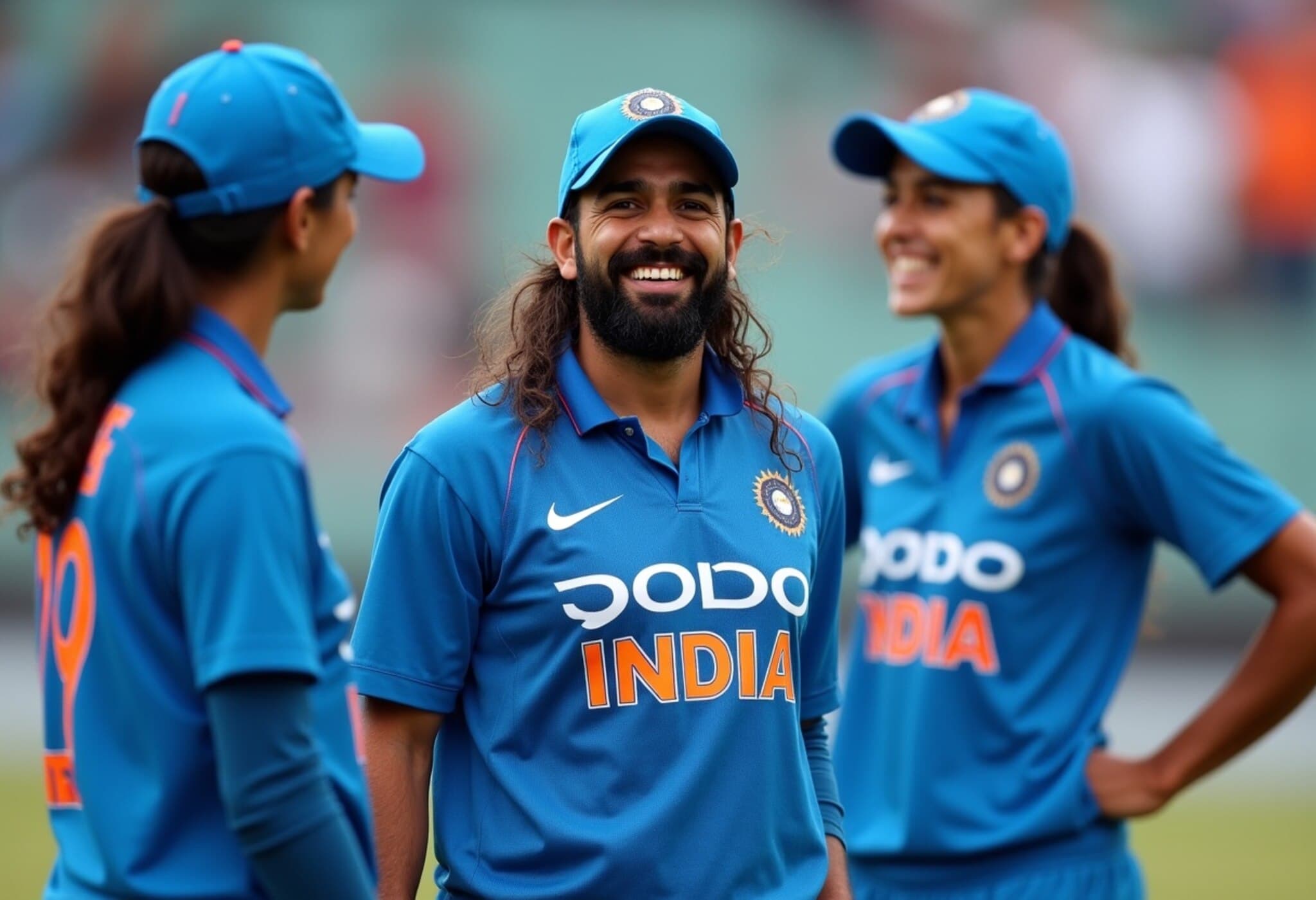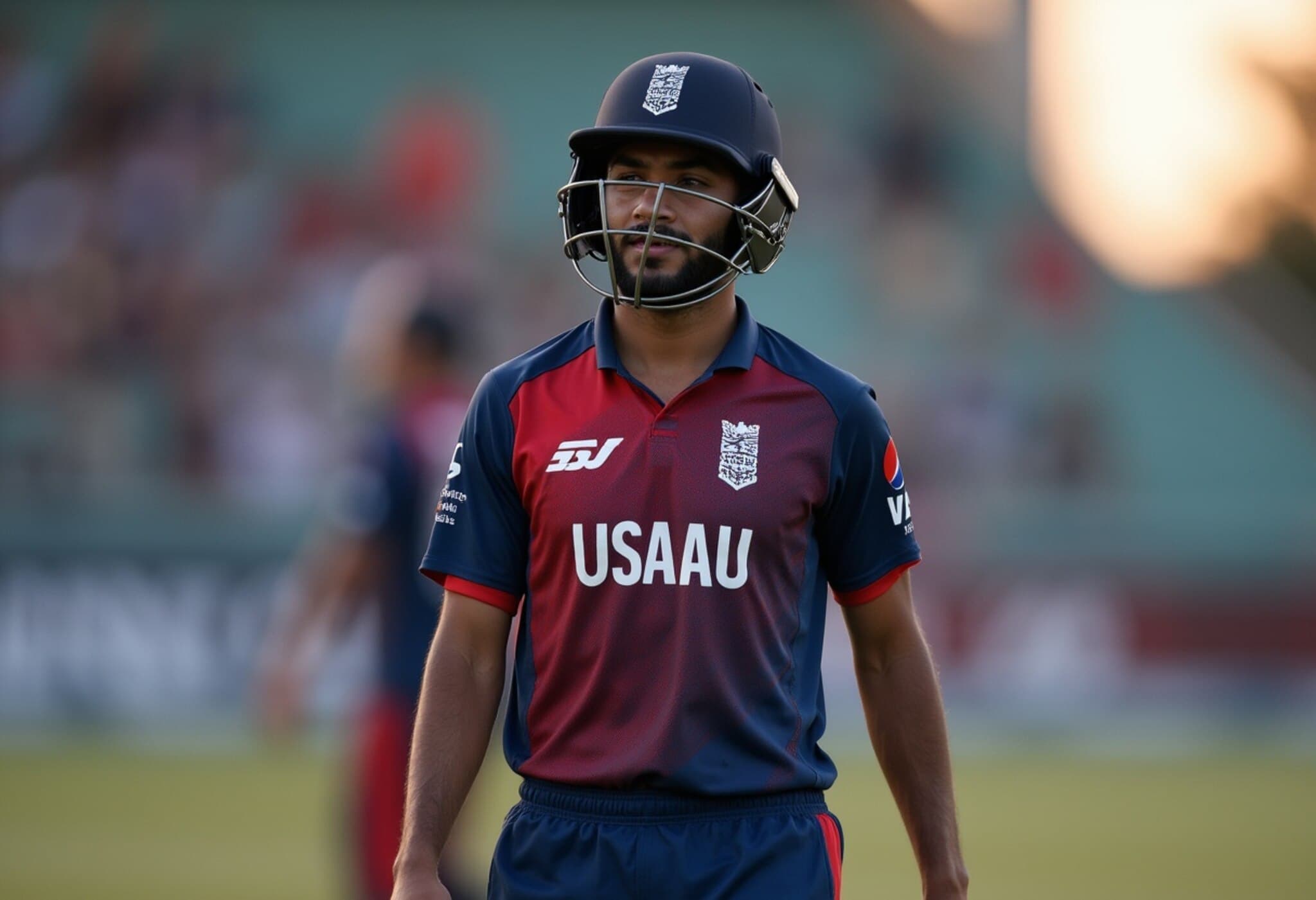Uncertainty Looms Over M Chinnaswamy Stadium Hosting ICC Women’s ODI World Cup Matches
As the ICC Women’s ODI World Cup 2025 approaches, the cricketing world faces unexpected turbulence regarding the venue for several marquee matches. Bengaluru’s iconic M Chinnaswamy Stadium, originally awarded five crucial fixtures, has yet to secure the mandatory police clearance—a prerequisite that casts doubt on the stadium’s ability to host these global events on schedule.
The Board of Control for Cricket in India (BCCI) had directed the Karnataka State Cricket Association (KSCA) to finalize all necessary clearances by the previous Saturday. However, according to local police authorities, this approval remains pending, putting the highly anticipated opener and other matches in a state of limbo.
Thiruvananthapuram’s Greenfield Stadium: The Unexpected Contender
In a swift response to the emerging crisis, Thiruvananthapuram's Greenfield International Stadium has emerged as a strong alternative to host the matches originally slated for Bengaluru. Known for its modern design and international standards, Greenfield Stadium is now under active consideration to accommodate the following key fixtures:
- September 30: Tournament opener, India vs. Sri Lanka
- October 3: England vs. South Africa
- October 26: India vs. Bangladesh
- October 30: Second semifinal
- November 2: Tournament final
Kerala Cricket Association (KCA) authorities have reportedly been consulted to assess the readiness of the venue and logistics to accommodate such high-profile matches on relatively short notice. While the stadium is scheduled to host Kerala Cricket League T20 matches from August 21 to September 7, officials express confidence in rearranging those fixtures to alternate venues if needed.
Challenges and Compliance with ICC Guidelines
According to the International Cricket Council (ICC), host associations must hand over venues to them at least 30 days before the tournament begins, ensuring no other events take place during that period. This stipulation is designed to facilitate smooth preparations, security arrangements, and pitch conditions favorable for top-level competition.
The potential venue shift raises logistical hurdles, including rescheduling local events and confirming infrastructure readiness. Nevertheless, KCA insiders remain optimistic about managing these challenges should the final confirmation come through.
Behind the Scenes: The Struggle for Clearance and Safety Concerns
While KSCA has remained tight-lipped on the ongoing clearance issues, reports suggest that the association has proposed hosting matches behind closed doors—without spectators—to mitigate security risks and possibly secure police sanction. This tentative solution reflects the gravity of the situation and highlights the delicate balance between public safety and hosting world-class sporting events.
This is not the first safety concern for the venue this year. Following a tragic stampede during Royal Challengers Bengaluru’s IPL victory celebrations on June 4, a government-commissioned inquiry by the D’Cunha Commission labeled the Chinnaswamy Stadium unsafe for large-scale events. The fallout led to the relocation of the Maharajah T20 Trophy from Bengaluru to Mysuru despite earlier efforts to continue behind closed doors.
What This Means For Indian Cricket and The Global Stage
The potential rescheduling of multiple international fixtures is a significant development on the eve of the ICC Women’s ODI World Cup—a tournament witnessing unprecedented global enthusiasm for women’s cricket. Bengaluru's inability to swiftly secure clearances raises critical questions about infrastructure safety, crowd management, and governance within Indian sports administration.
Meanwhile, Kerala’s Greenfield Stadium’s rise as a fallback venue underscores not only the growing stature of cricketing facilities across India but also the importance of readiness and flexibility in hosting international sports events. The situation serves as a wake-up call for stakeholders to prioritize safety and contingency planning well ahead of major tournaments.
Editor’s Note
The uncertainty around M Chinnaswamy Stadium reveals larger, often underreported challenges within India’s sporting infrastructure—where bureaucratic delays and legacy safety issues can abruptly reshape international event hosting. As the Women’s World Cup draws near, the swift pivot to Thiruvananthapuram illustrates resilience but also spotlights the need for robust safety reforms and transparent administrative processes. Will the lessons learned here spur systemic changes for future cricketing extravaganzas? Only time will tell.











